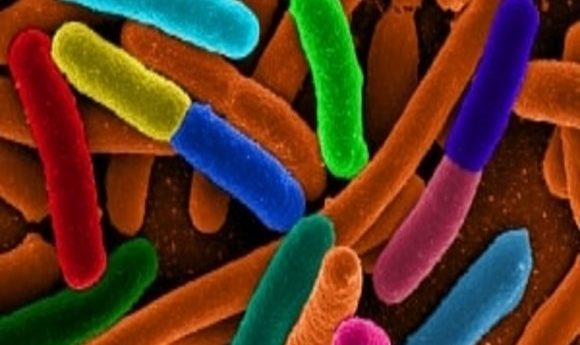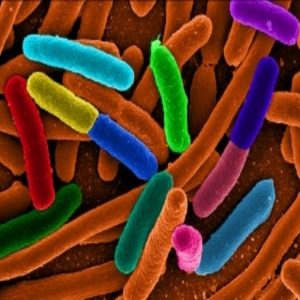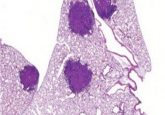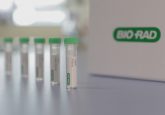Bacteria hibernation: a new method for antibiotic tolerance

Is bacteria hibernation a new method for antibiotic tolerance? Bacteria can avoid antibiotics without developing a direct resistance mechanism by entering a ‘hibernation-like’ state, re-emerging when the antibiotic course has been completed.

Recent research led by Kenn Gerdes from the University of Copenhagen (Denmark) has uncovered an alternative method in bacteria for tolerating antibiotics without the need to develop a direct resistance mechanism to the drug. By studying E.coli they observed how some bacteria entered a quiescent state whilst in the presence of the antibiotic, allowing them to re-activate and proliferate when the antibiotics were withdrawn.
Antibiotics typically target the growth pathways in bacteria in order to destroy them, therefore, by entering a quiescent state the bacteria eliminate these pathways and cannot be targeted by the antibiotic.
Gerdes explained how the study observed this in “E.coli bacteria from urinary tract infections that had been treated with antibiotics and were supposedly under control. In time, the bacteria re-awoke and began to spread once again.”
The hibernating bacteria contain the same genetic profile as their active counterparts, giving little explanation as to why some bacteria endure an antibiotic dose by entering a dormant phase while others do not. The study did, however, uncover the enzymes responsible for driving the bacteria into quiescence, the HipA and HipA7 kinases.
“The enzyme triggers a ‘survival program’ that almost all disease-causing bacteria deploy to survive in the wild and resist antibiotics in the body,” described Gerdes.
The identification of this ubiquitous enzyme provides the team with a new avenue for research. Developing a drug that could target this pathway, which is active in so many pathogens, could lead to a therapeutic approach that comprehensively targets all the bacteria involved in an infection.





